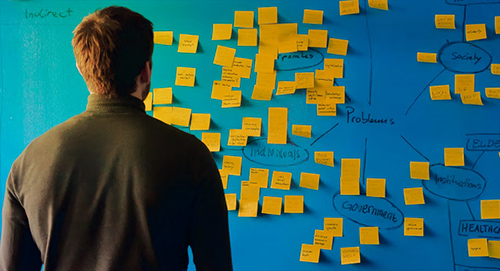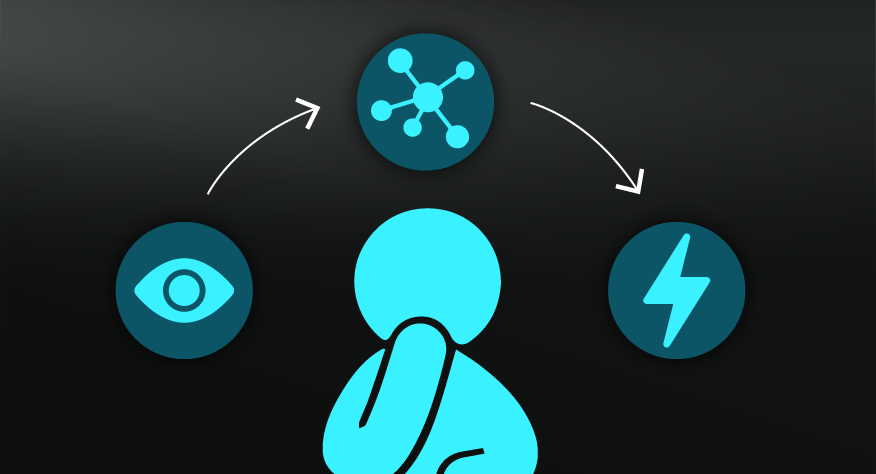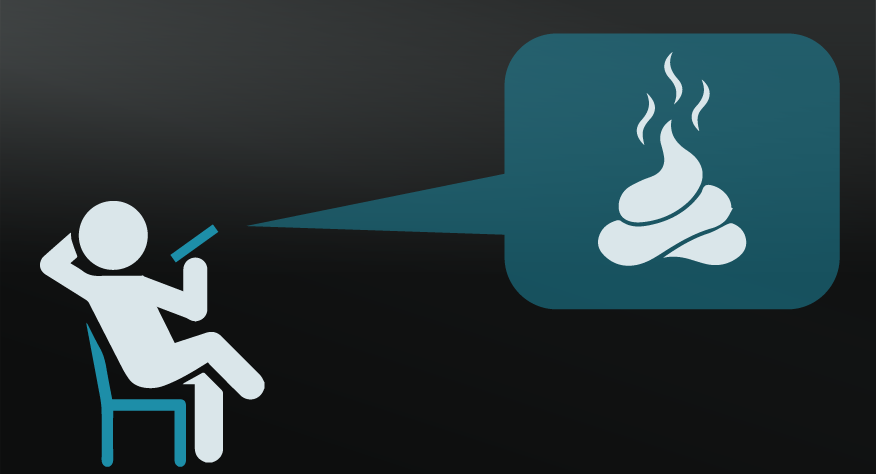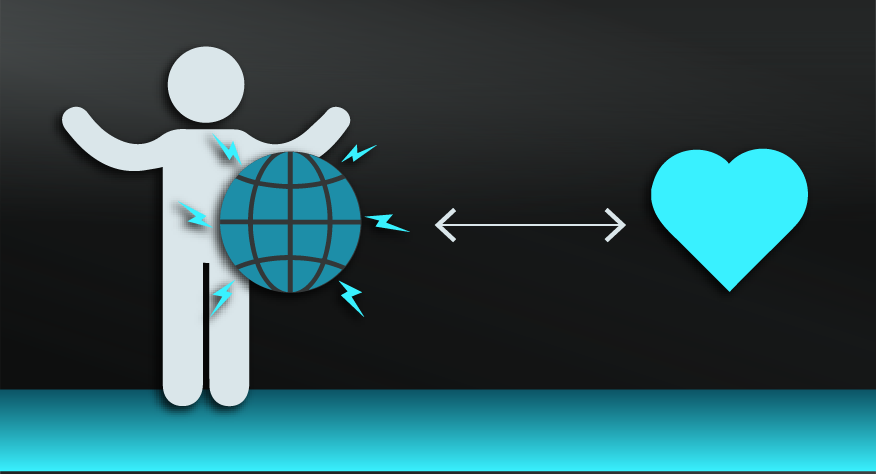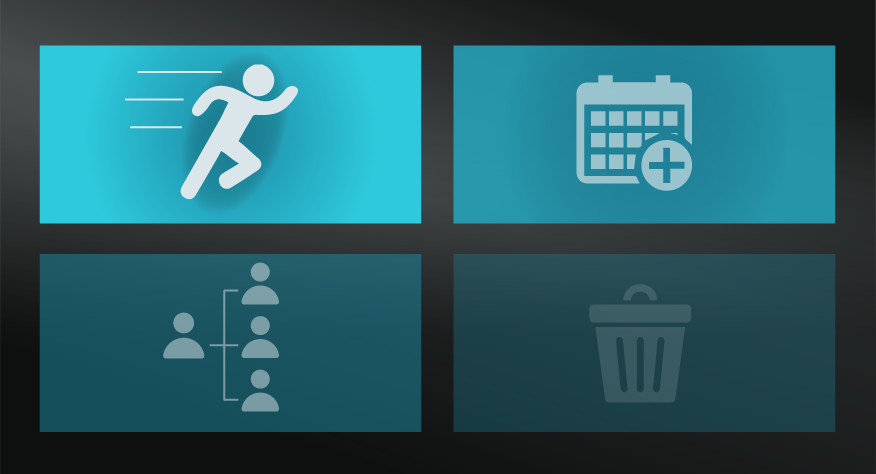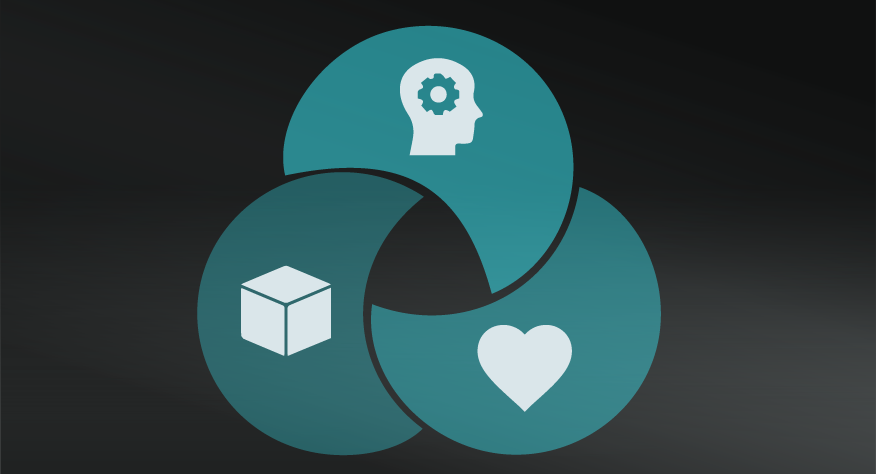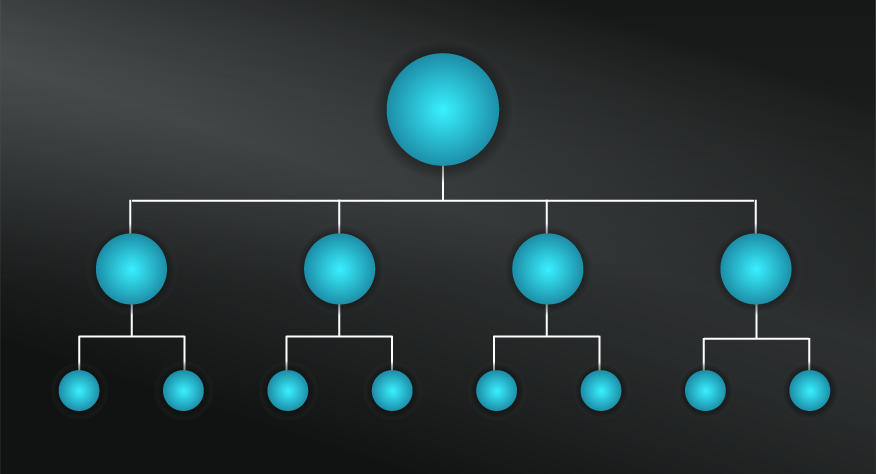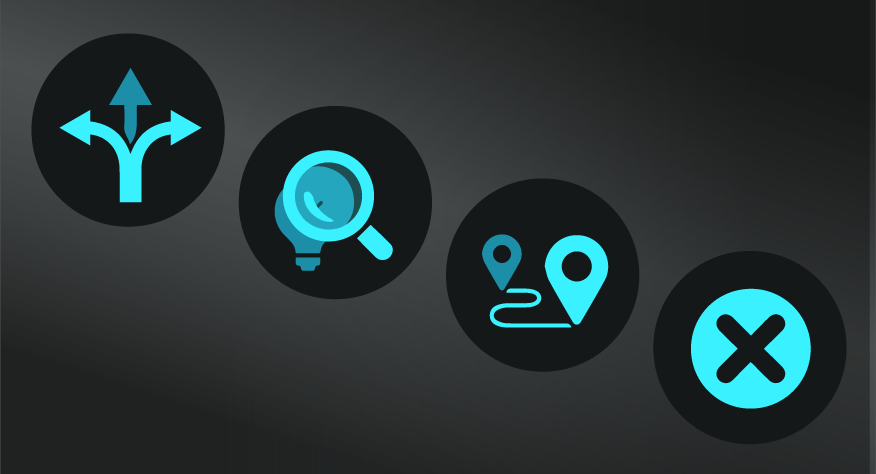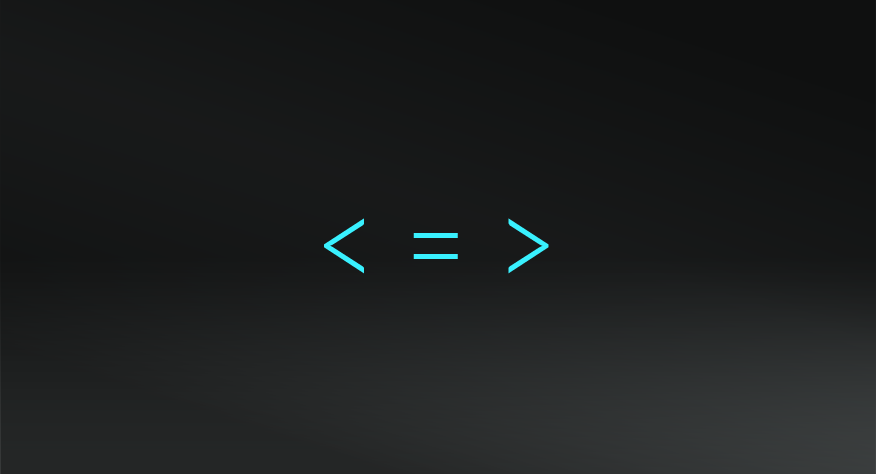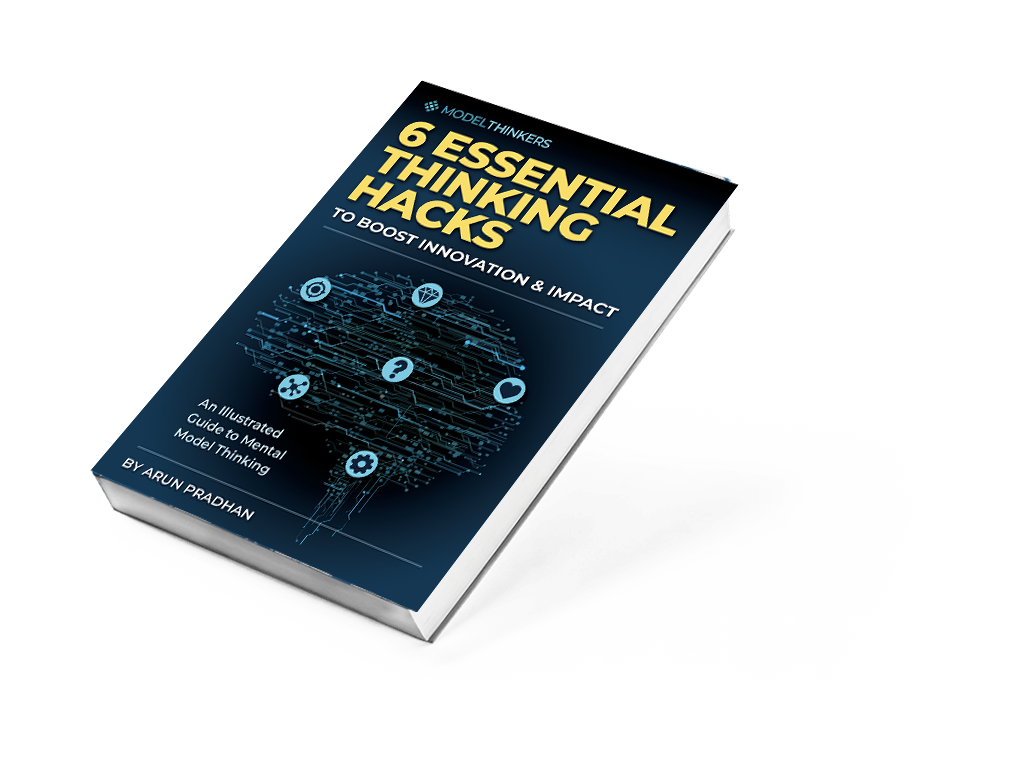
 0 saved
0 saved
 35.8K views
35.8K views








Let's clear the air upfront. Consultants often have a negative reputation and are the butt of many jokes. We're tempted to share a few right now, but we'll just stick to the classic banana gag:
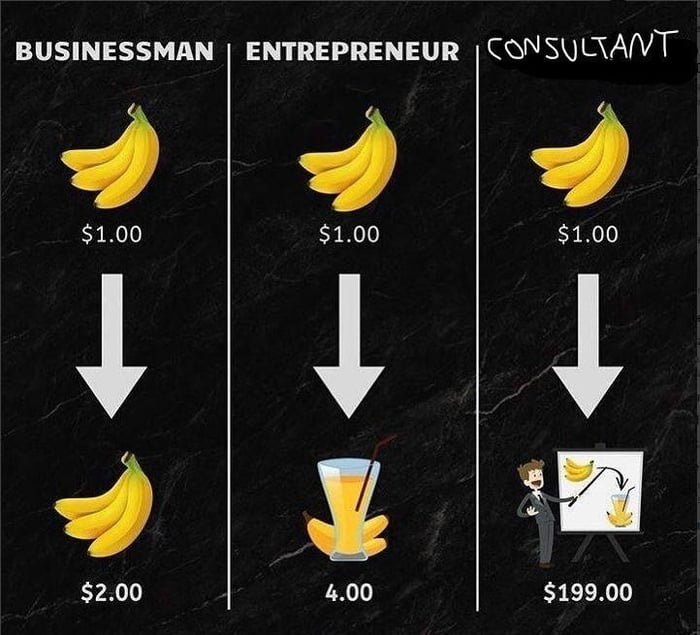
(If you know where this comes from, please let us know so we can properly credit it.)
Cheap gags aside, we'd argue that consultants can add considerable value to a business or challenge. The best consultants are systems thinkers who synthesise broad inputs as they help to make sense of the complex and recommend practical ways forward.
We'd argue that embedding a diverse Latticework of Mental Models is even more important for consultants than your average person. Indeed, our initial list for this Playbook consisted of double the amount we've listed here, but we cut it back to make it practical.
It's no wonder, consultants are parachuted into new contexts and have the models in their heads and their experience to quickly make sense of the situation and add value. With each engagement, they must also identify takeaways and replicable ideas (dare we say, mental models) that can be applied in other contexts, for future clients.
Being a consultant is also extremely contextual, depending on your industry, value proposition, and focus. As a result, the models we've collected here are by no means the be-all and end-all, but they represent a solid start to the consulting world.
To really succeed as a consultant, you'll need to use this as a starter kit and consciously develop your own latticework of models — perhaps finding many more on ModelThinkers, but also developing your own frameworks and understanding by reflecting on each experience you have. Essentially, you really have to get serious about being a model thinker (and yes, to fast-track that process you really should join ModelThinkers as a member).
But enough context — please jump into this Playbook. As we've warned, it's the longest Playbook that we've published and could easily be much, much longer.
Let us know which mental models resonate and which ones we've missed.
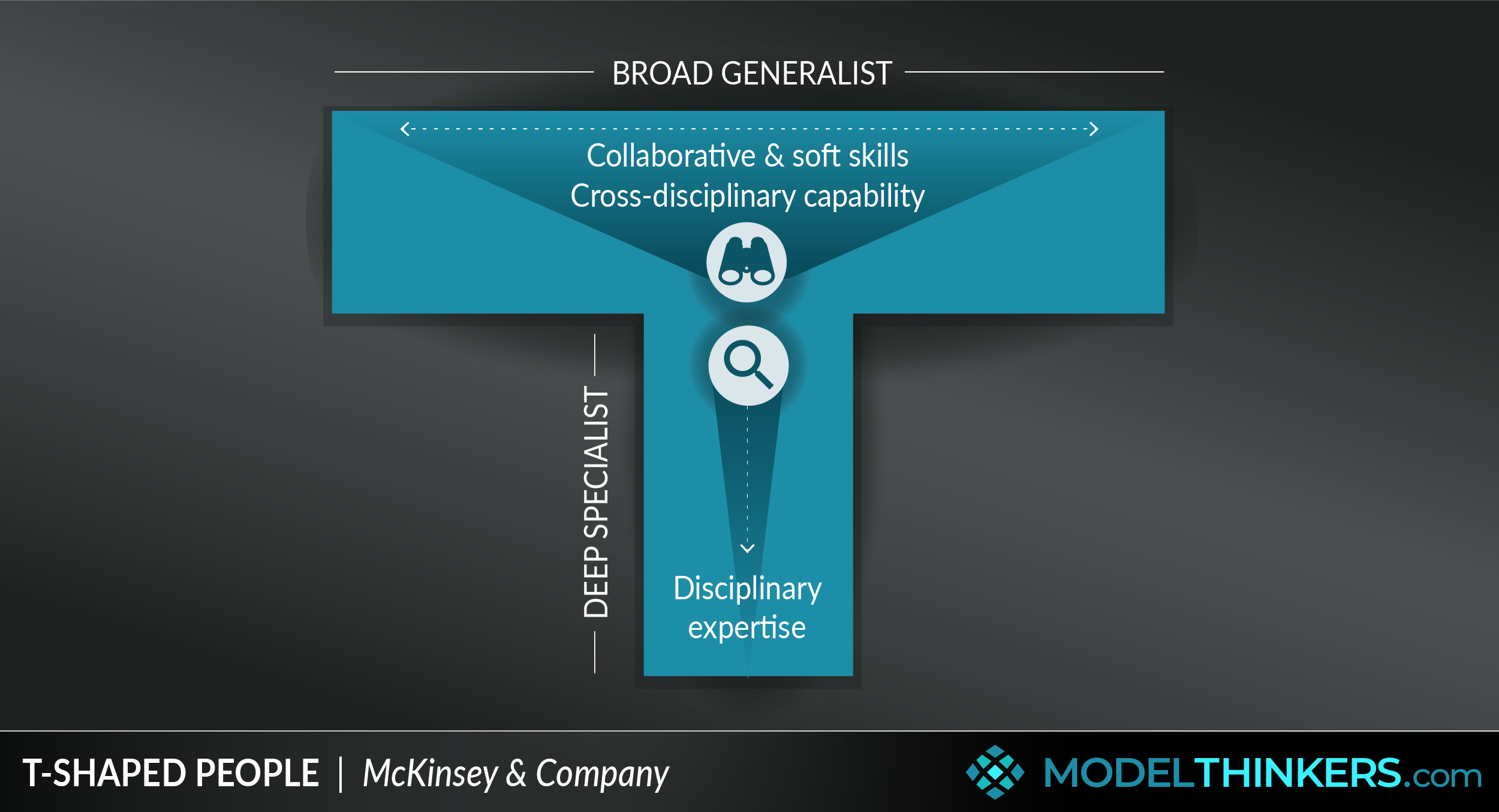

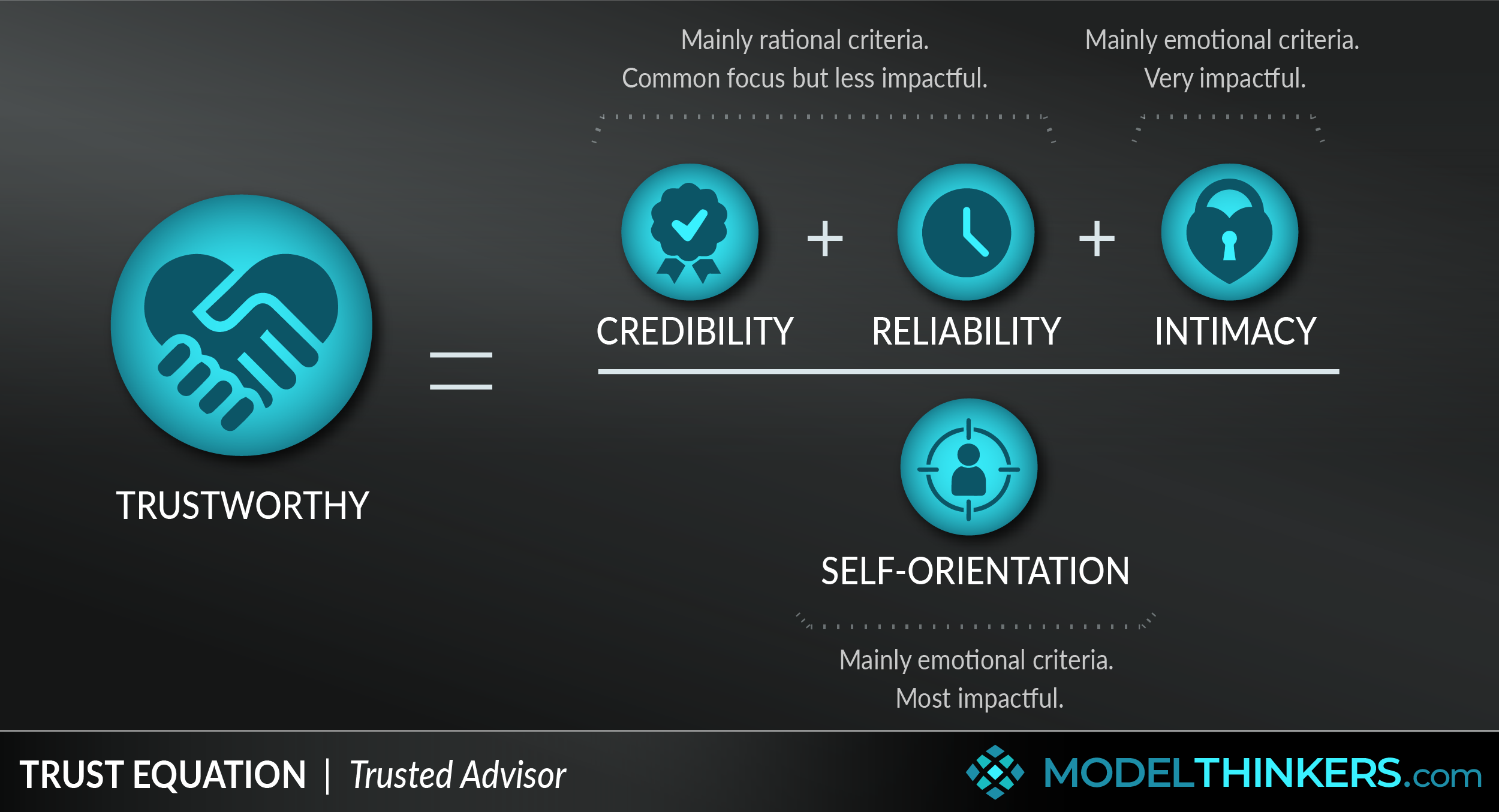
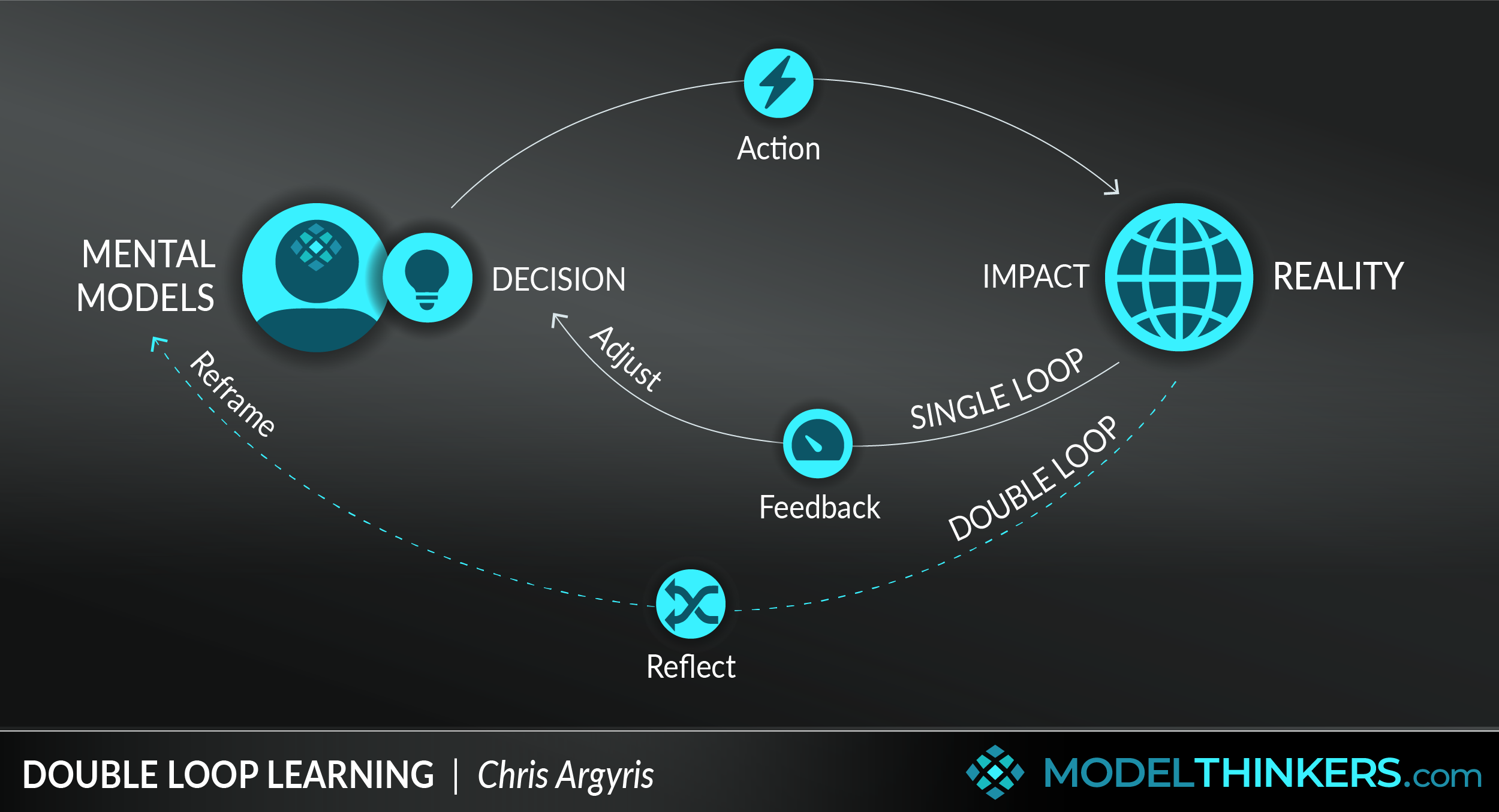
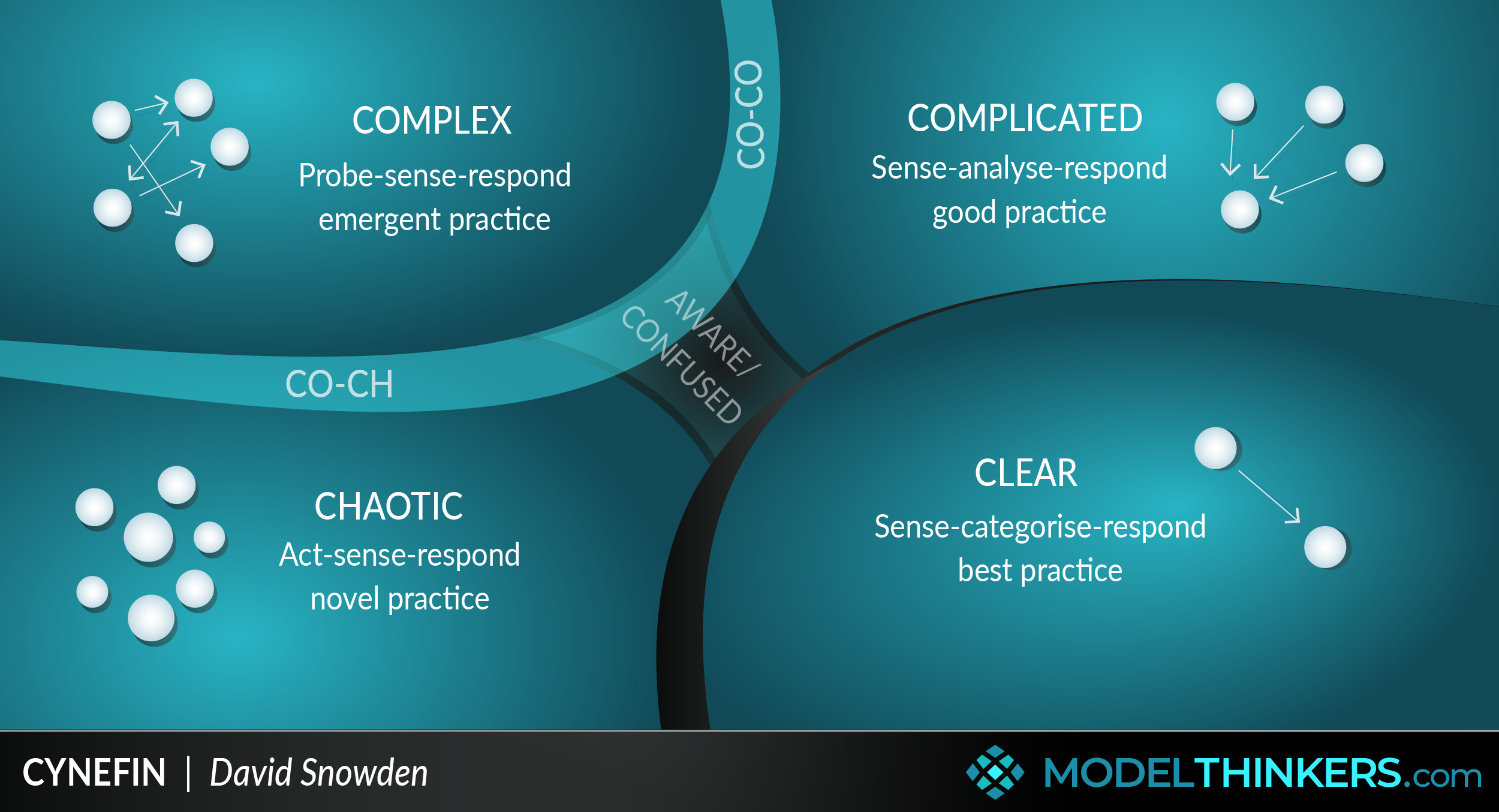
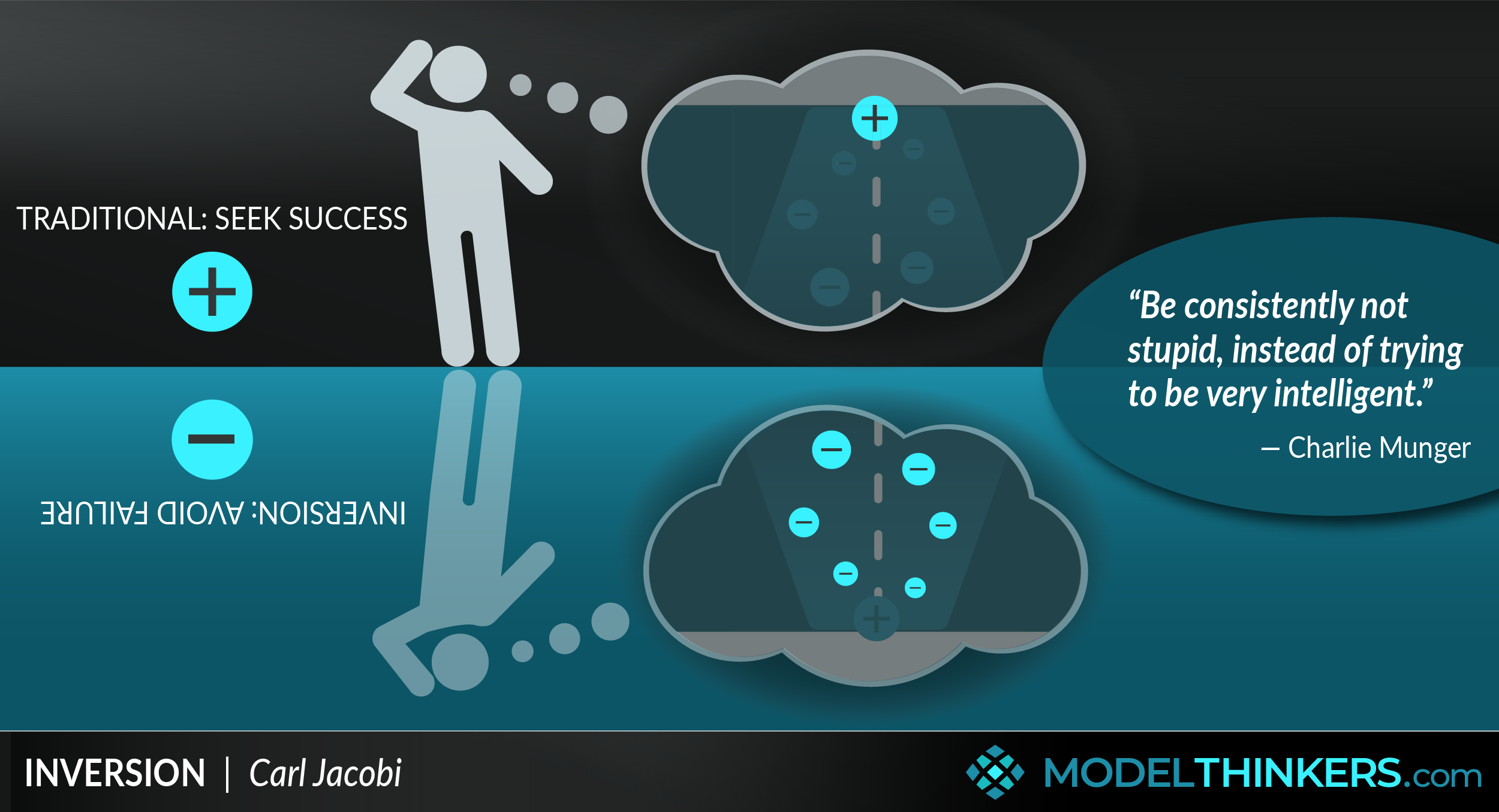
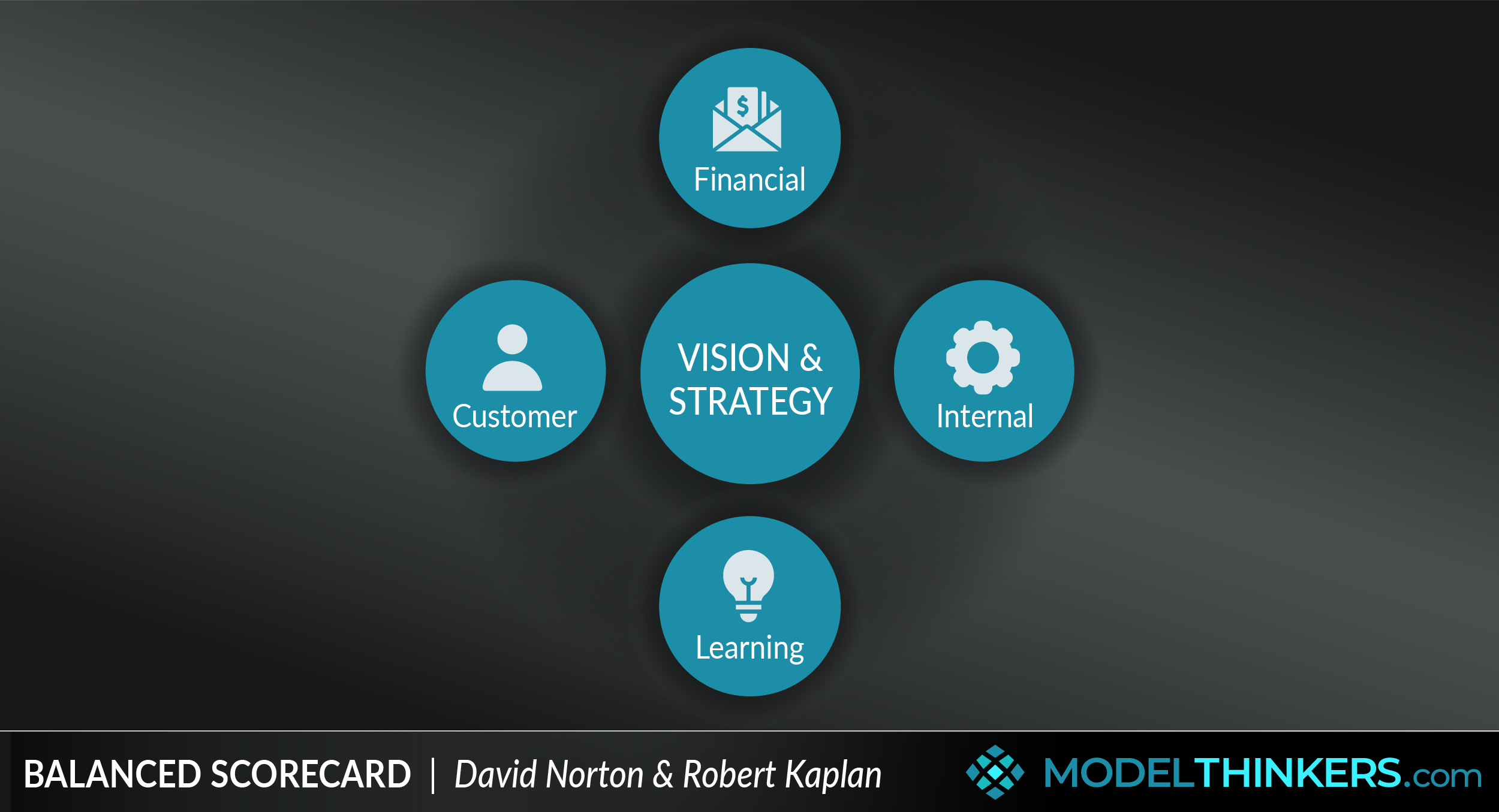
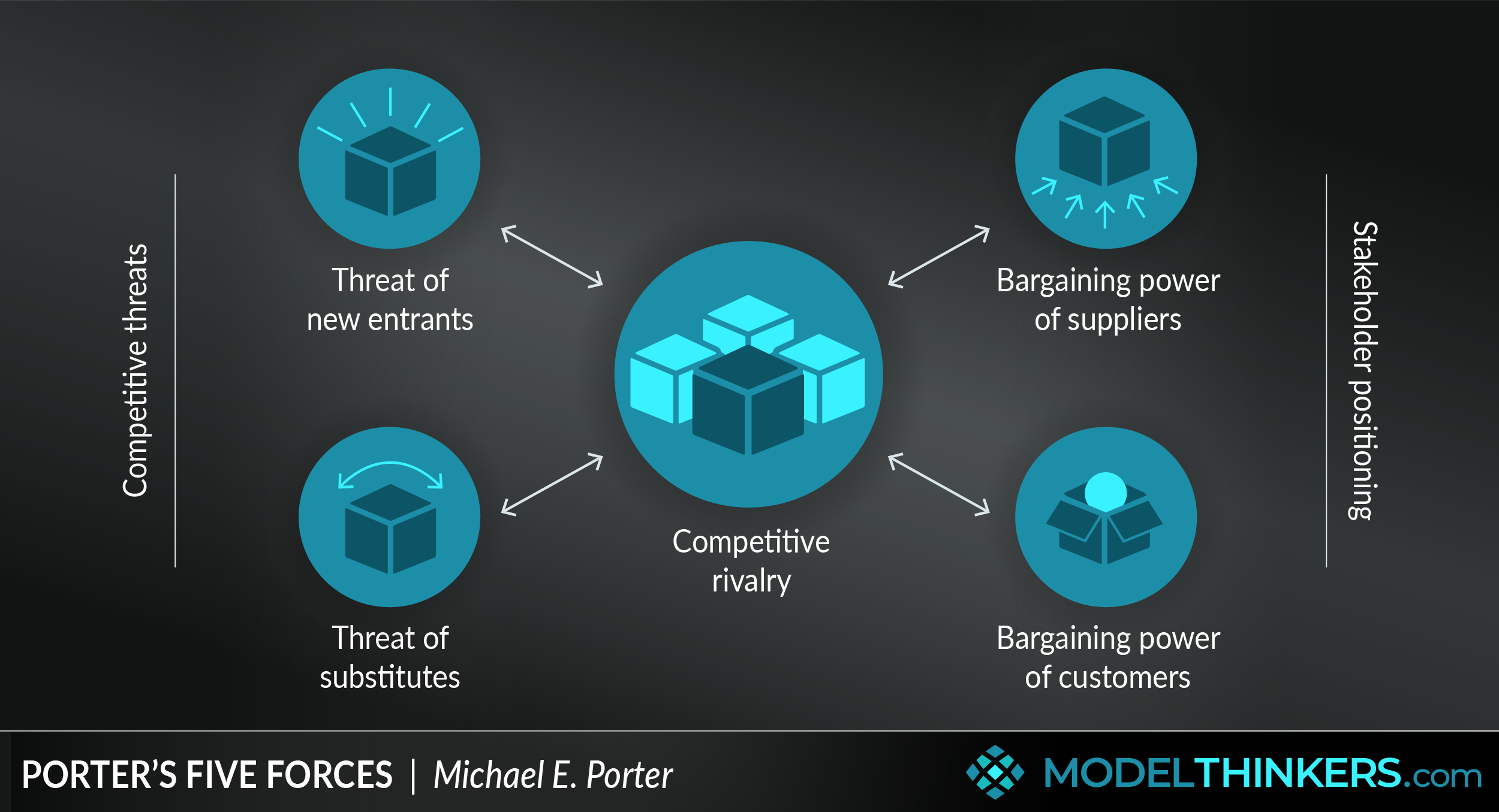
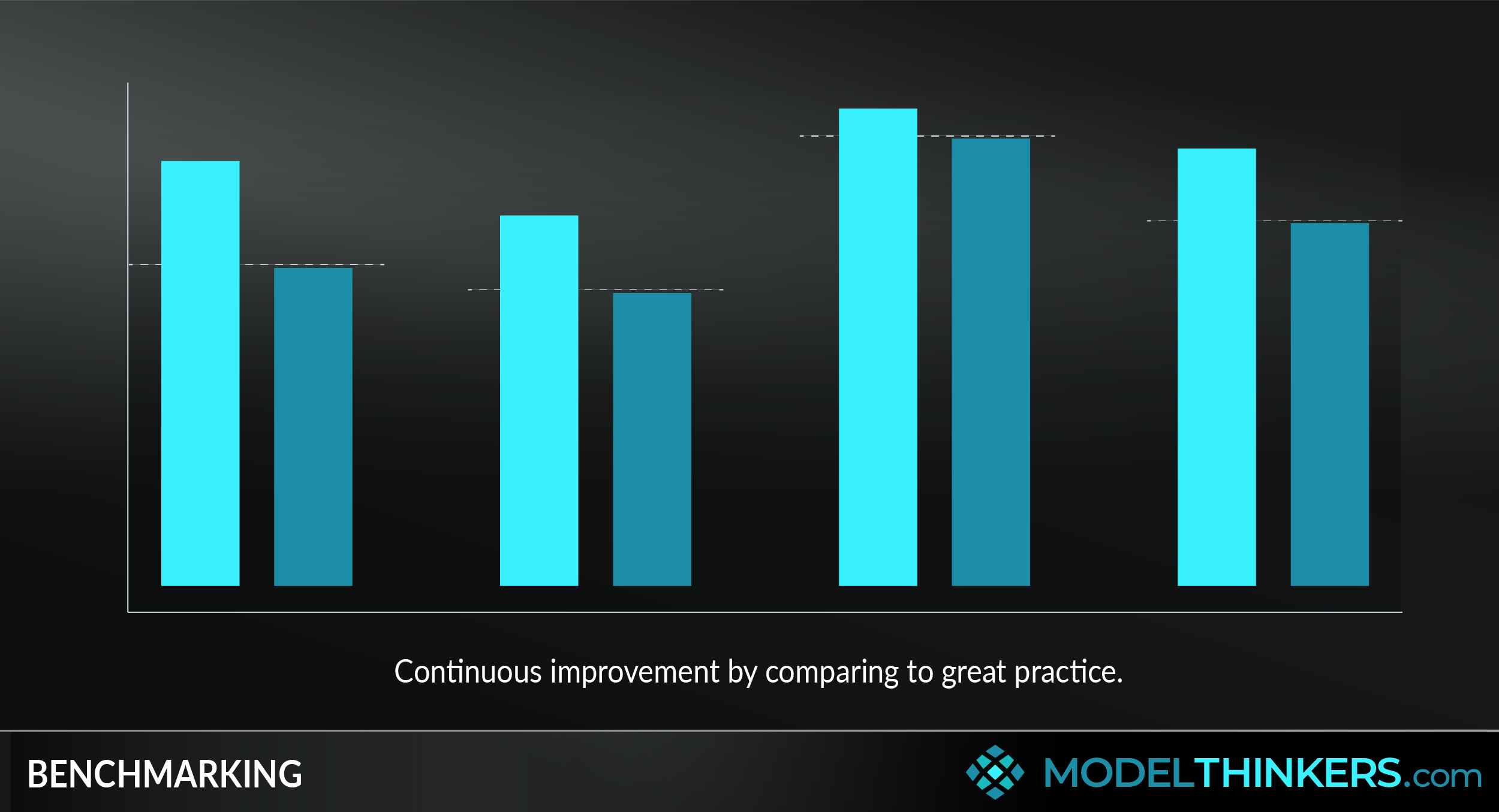
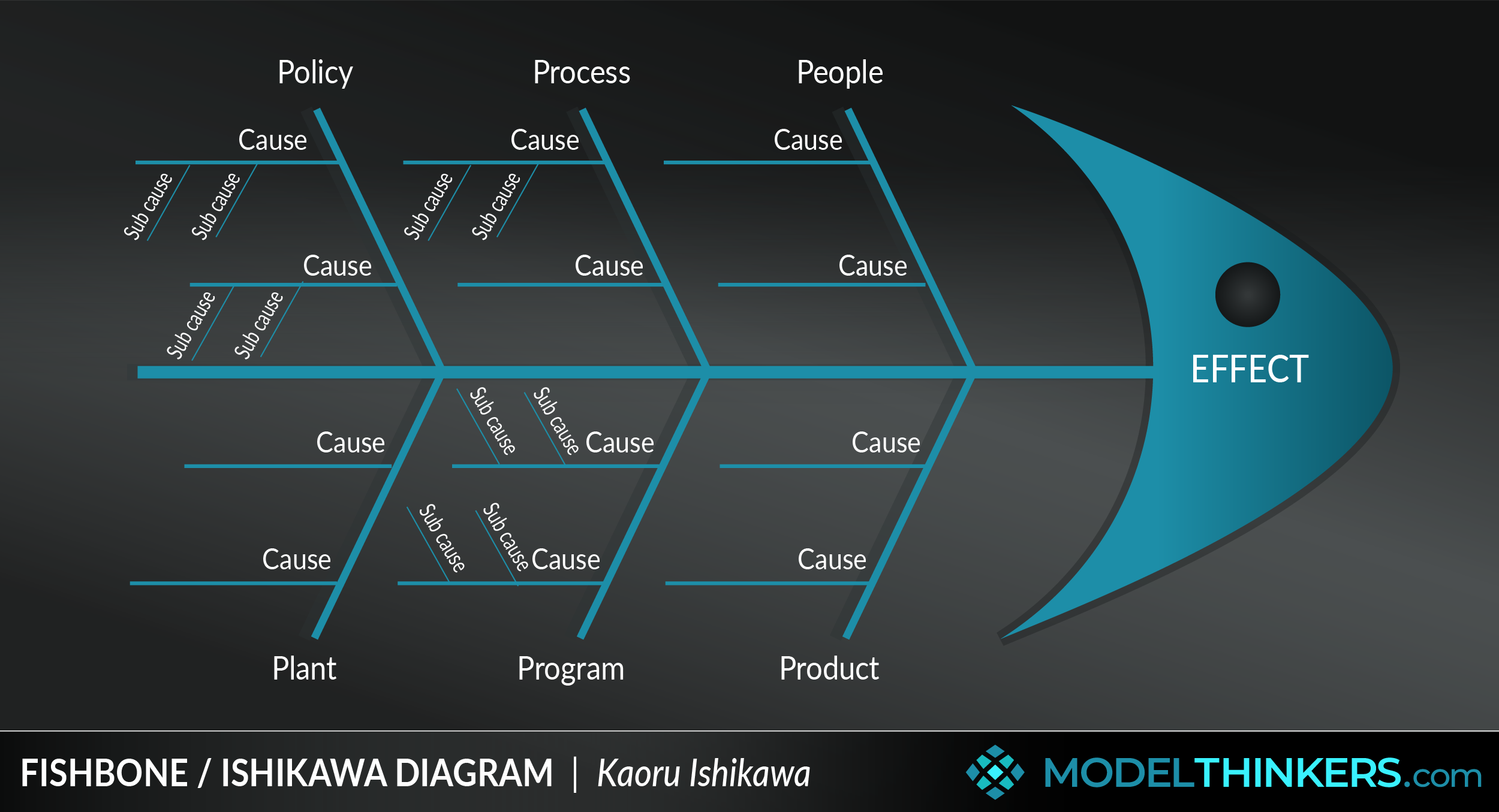

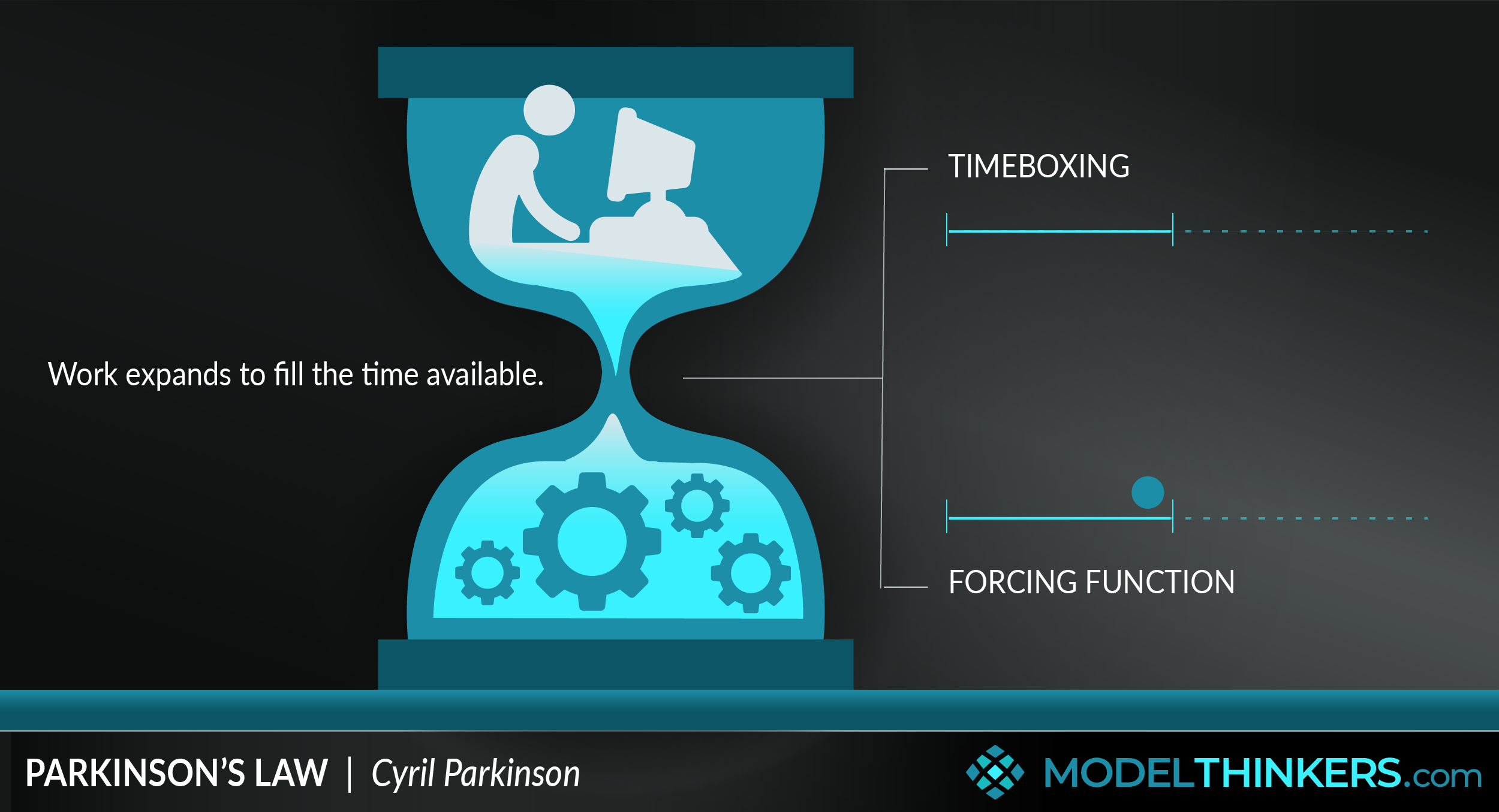
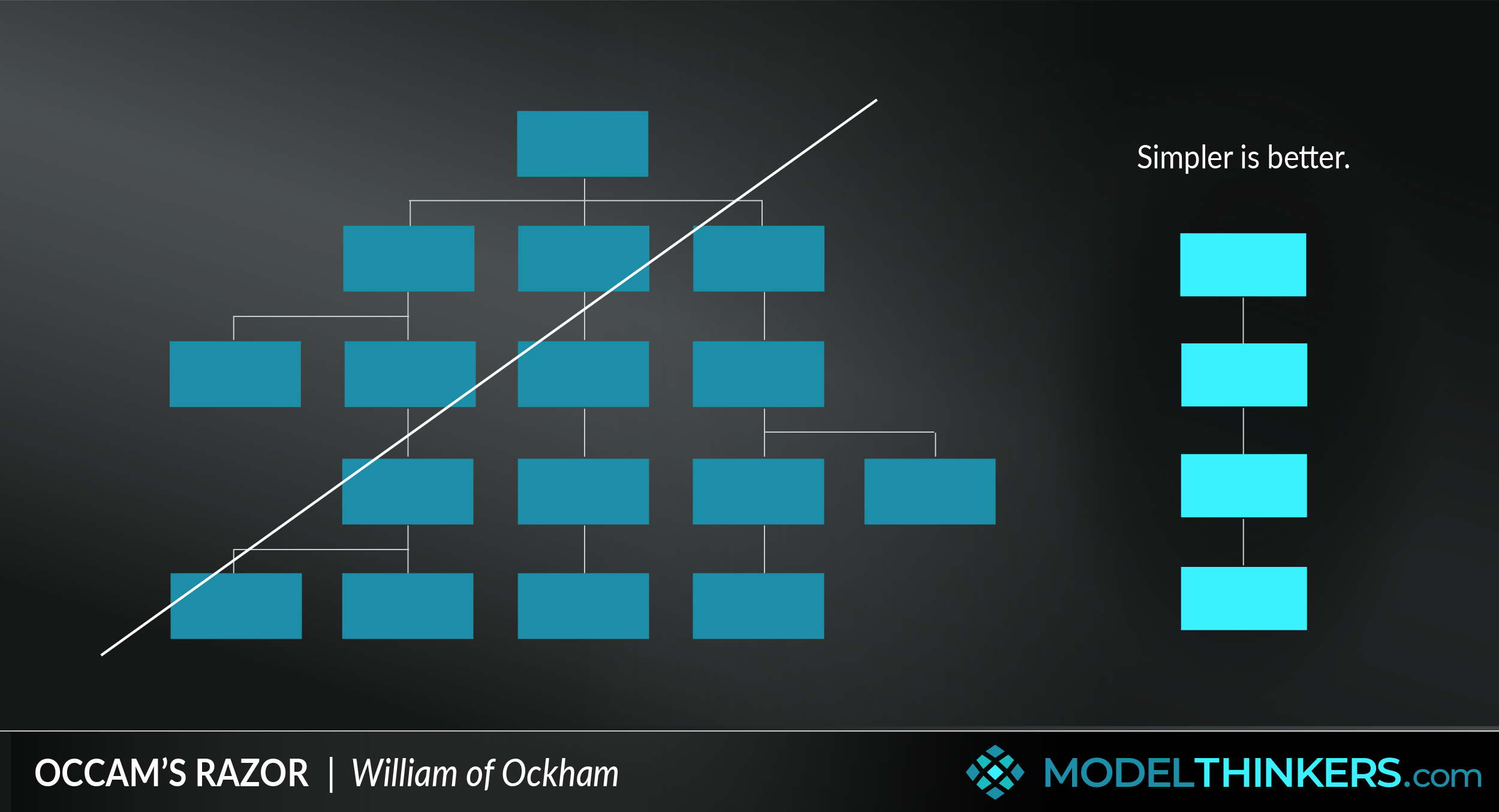
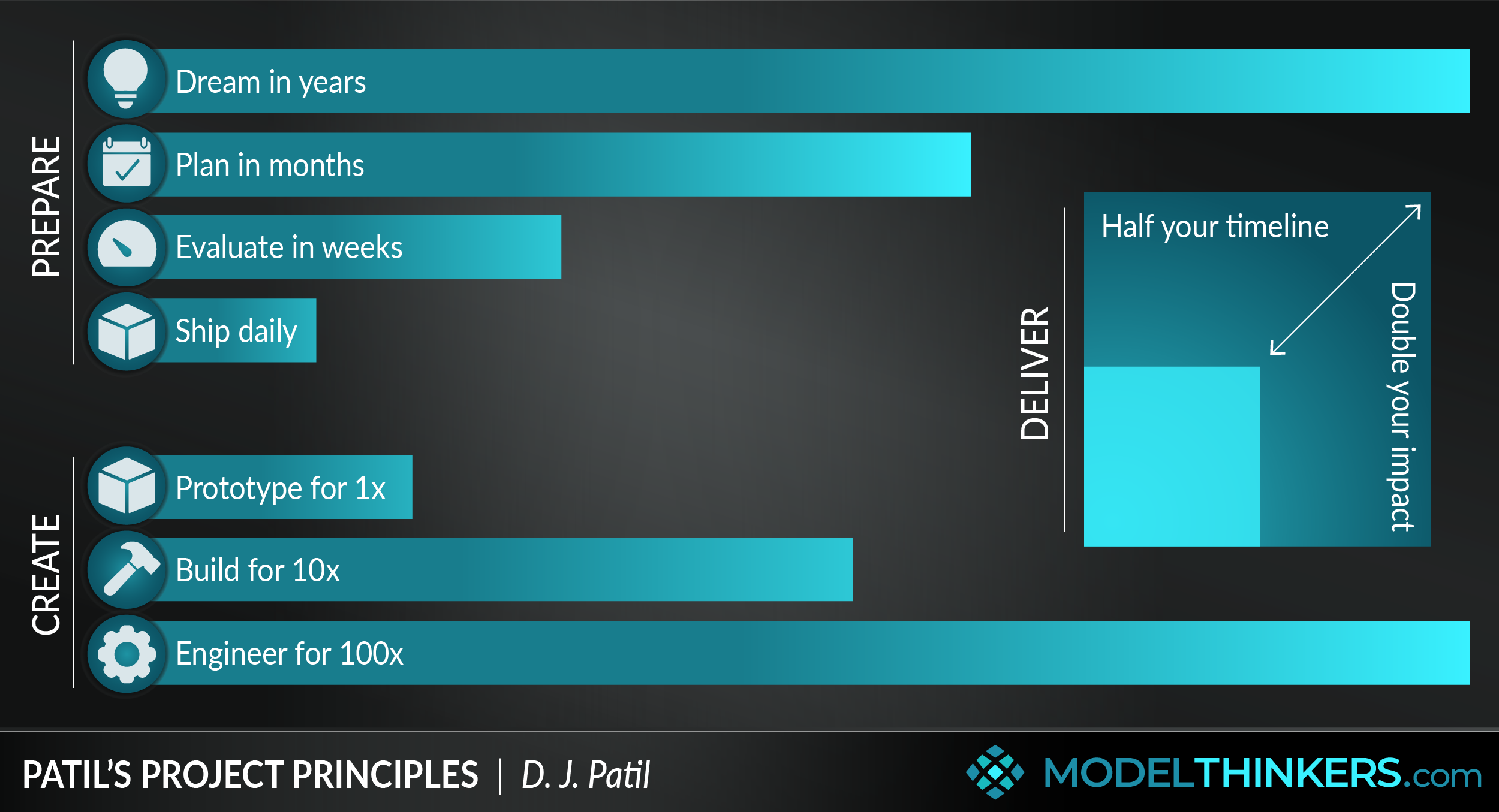
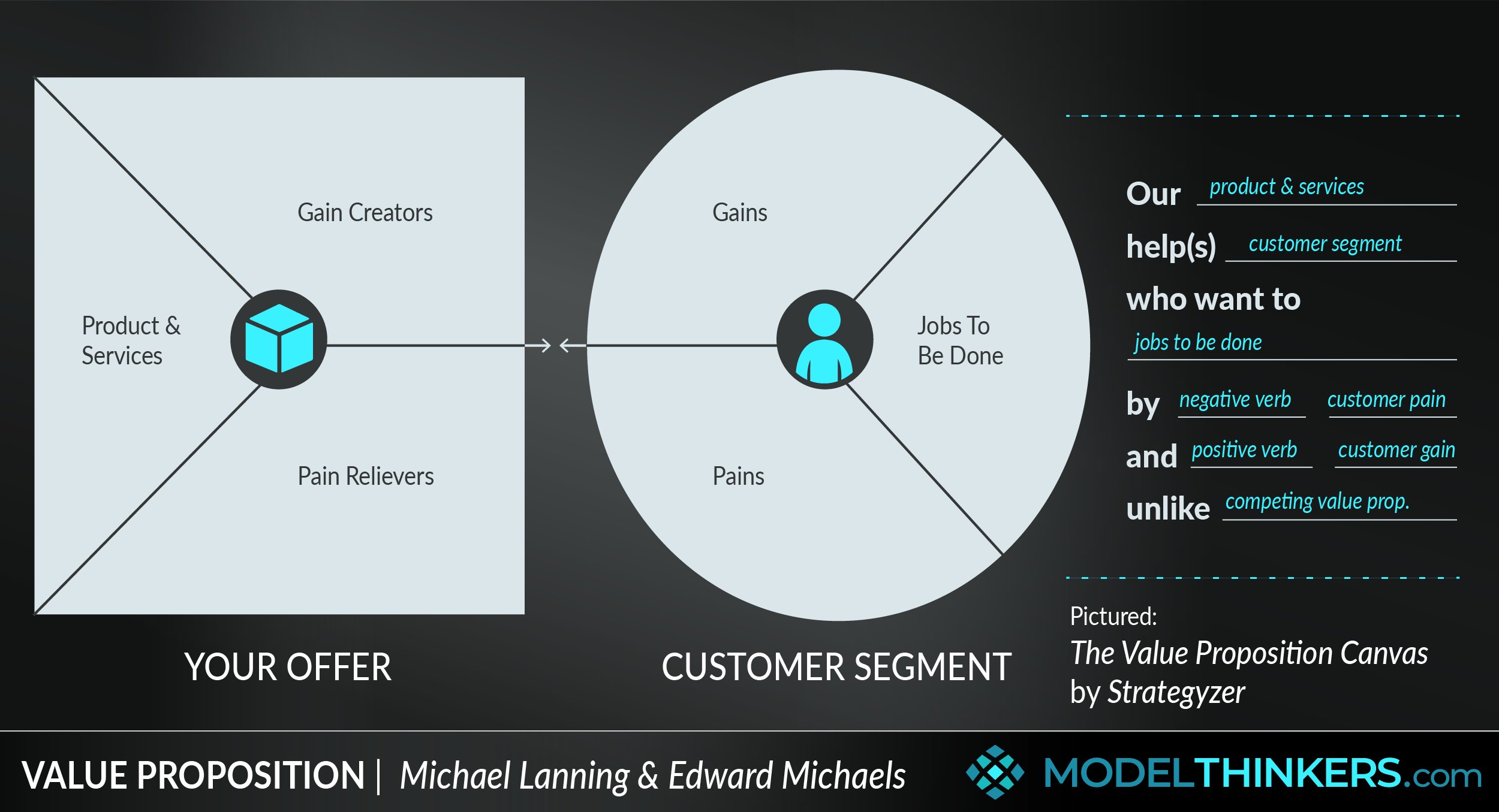
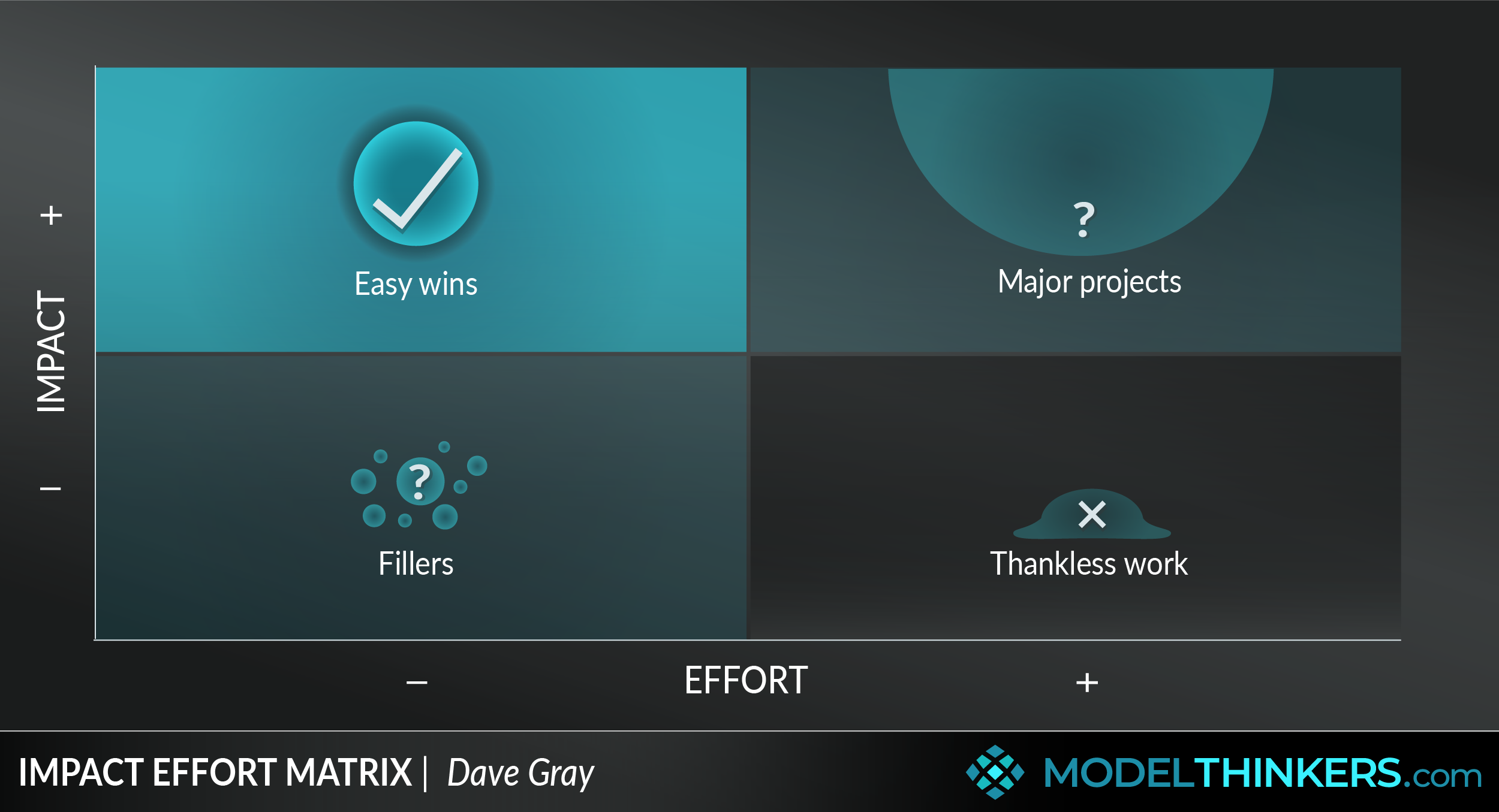
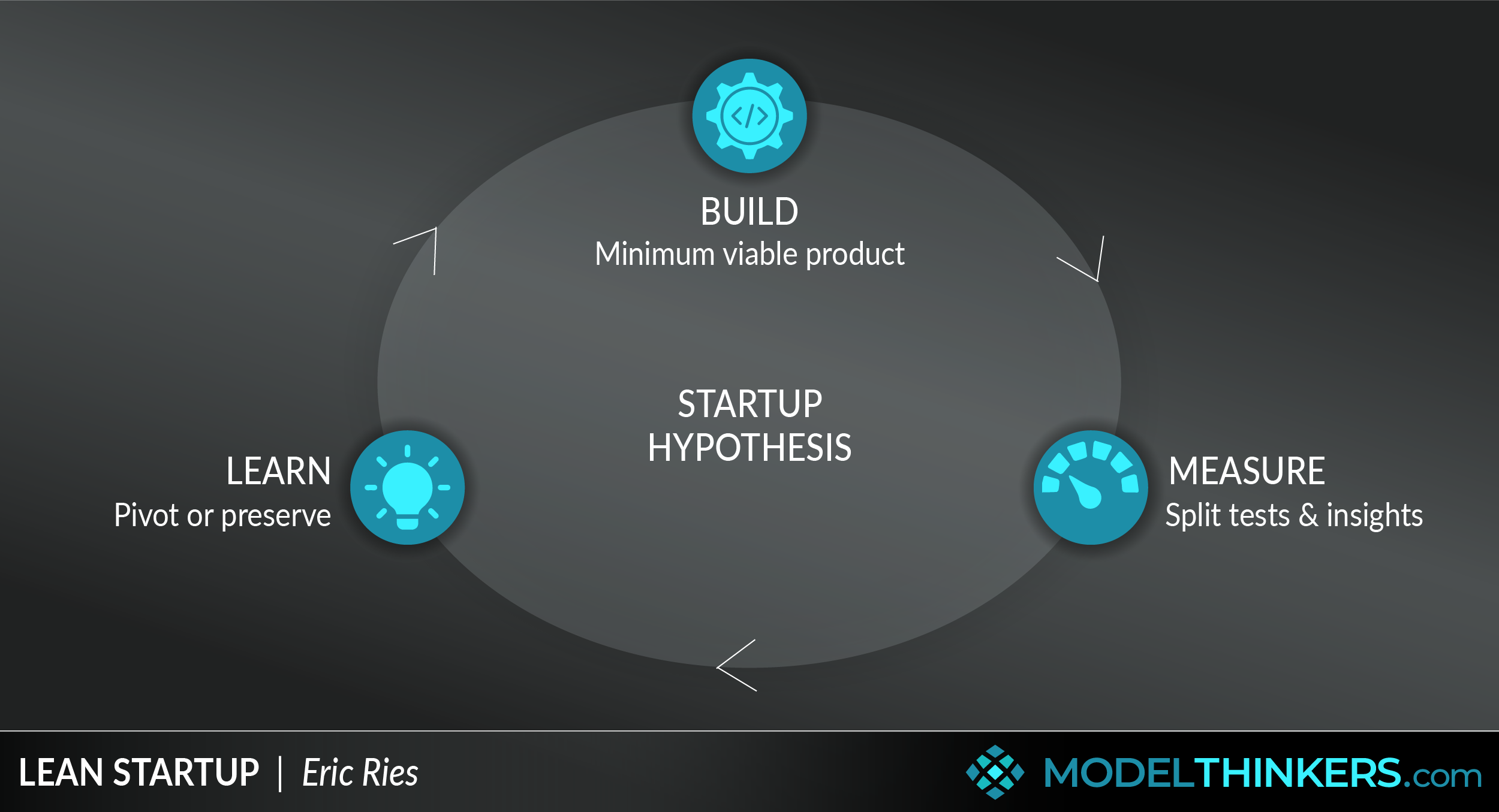

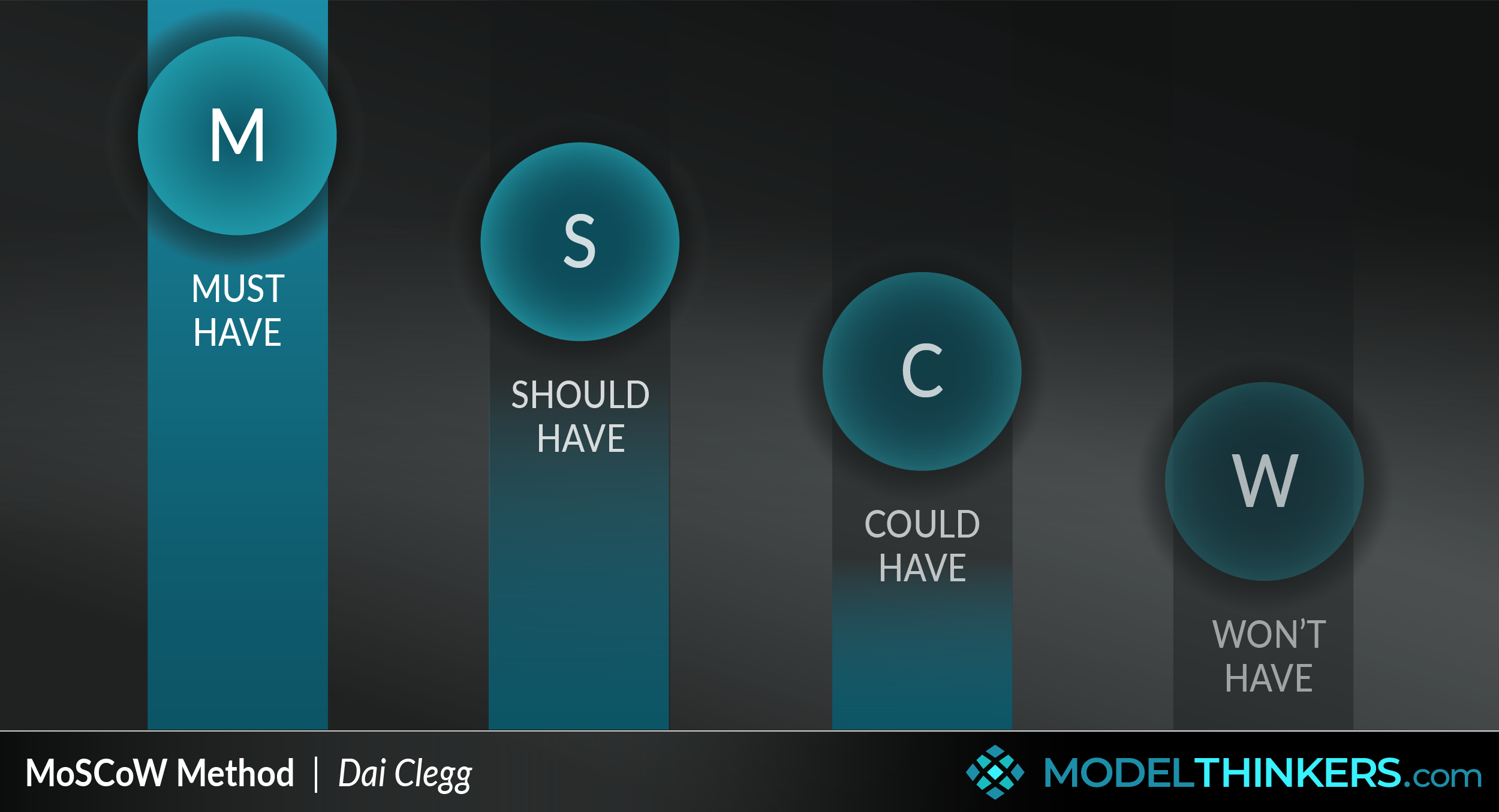

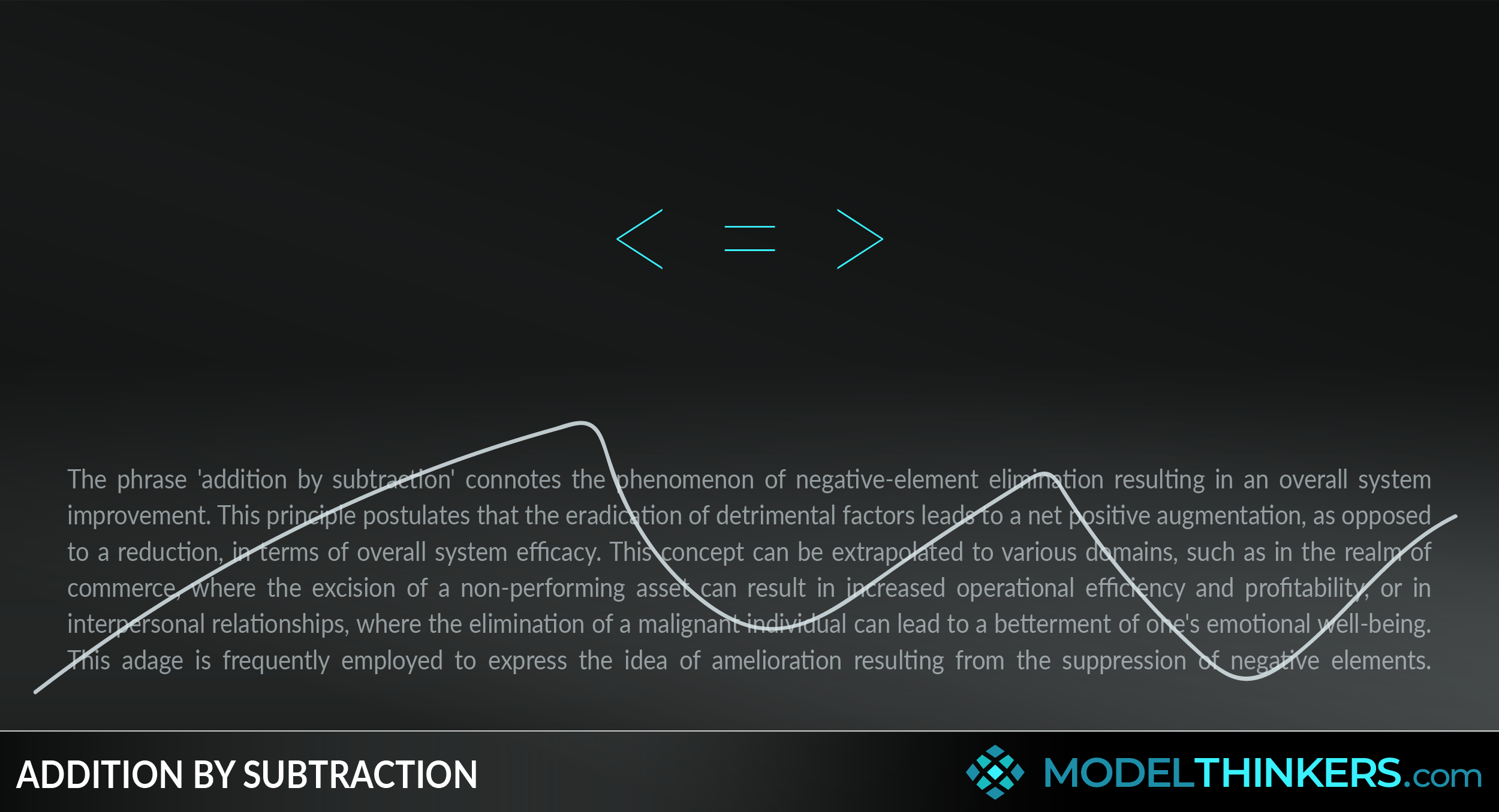

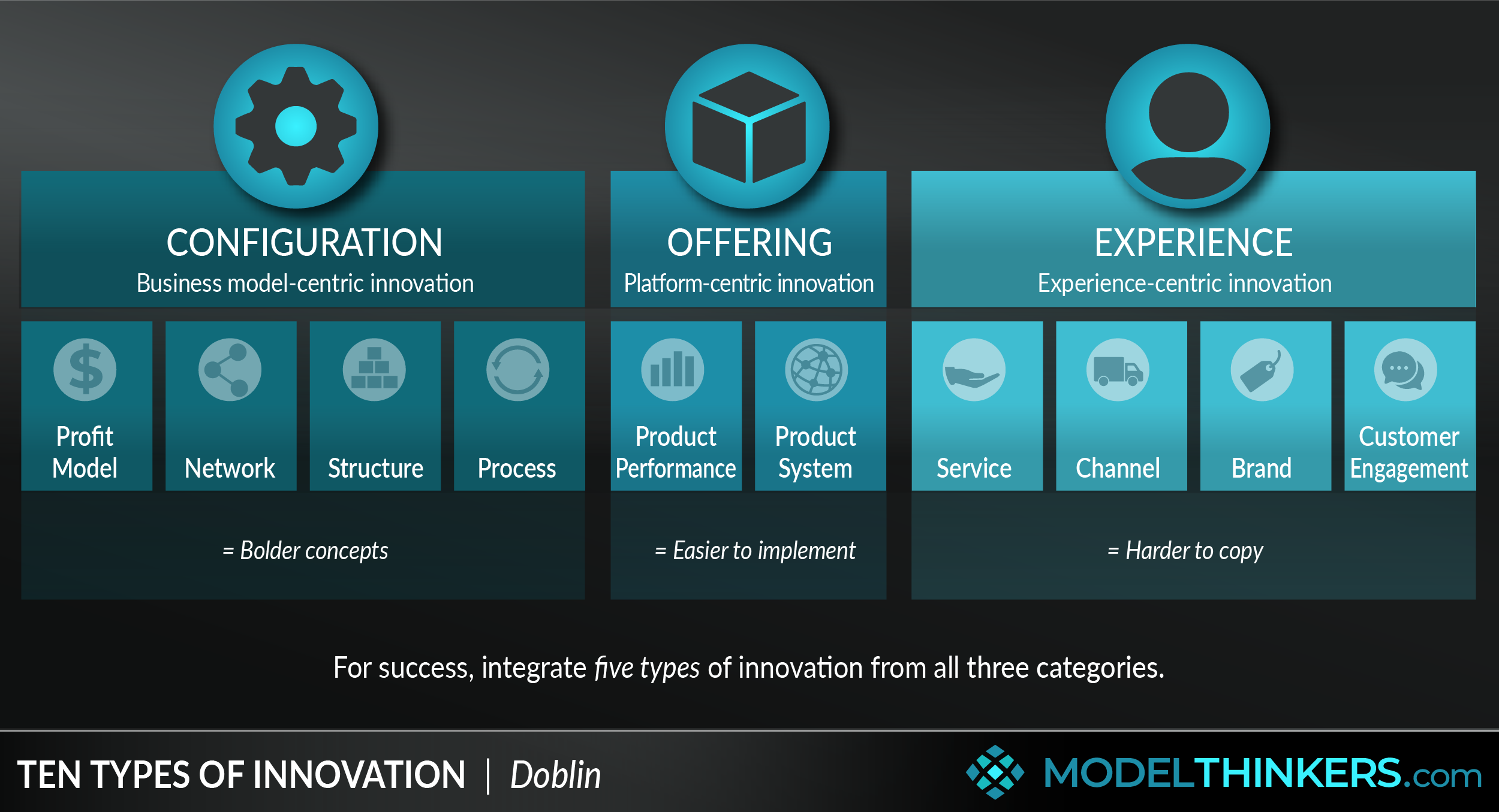
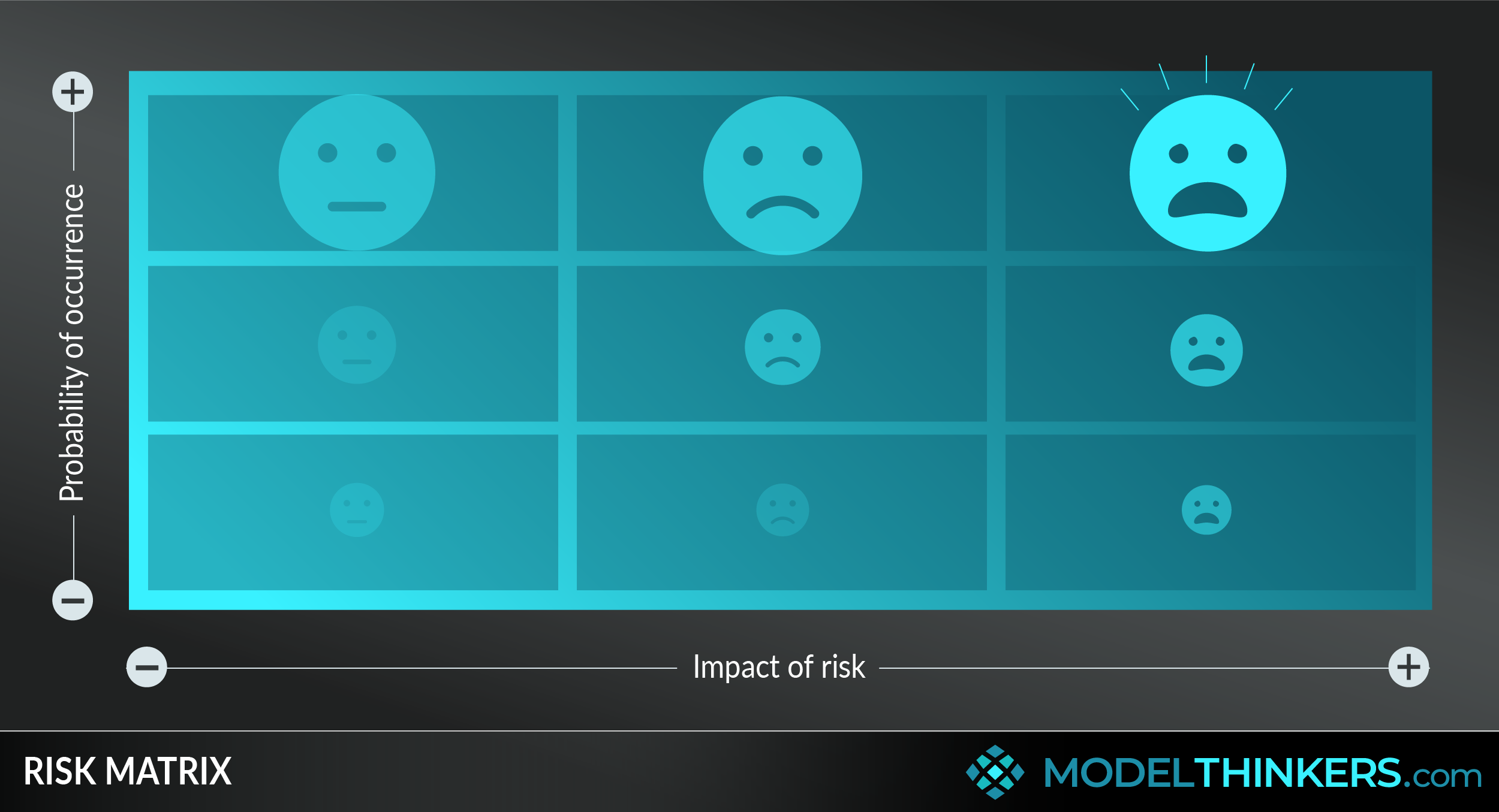

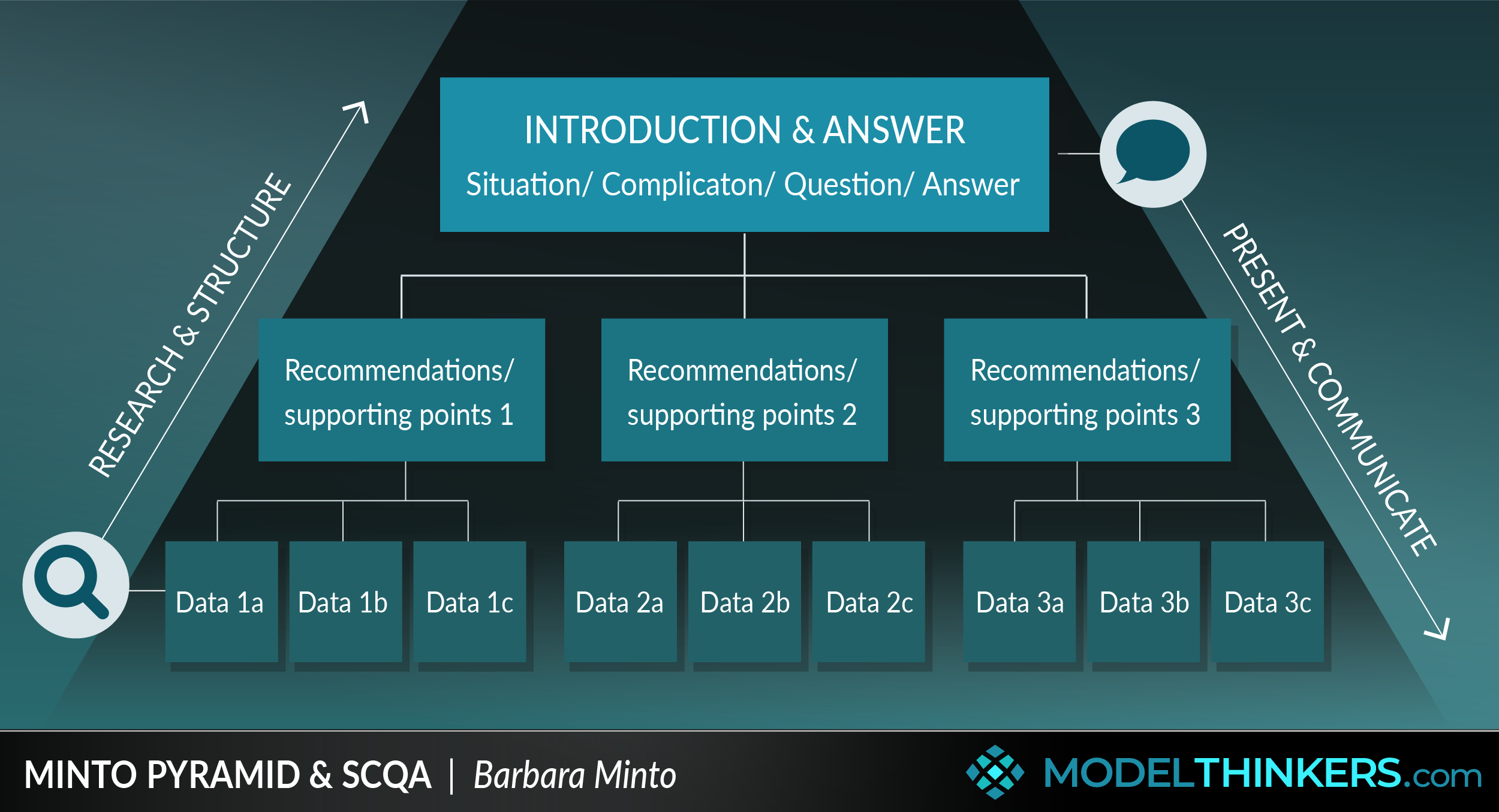
Premium content
Please do login or sign up to see premium contect
Subscription expired!
Please renew your subscription to access this feature.
 My Notes
My Notes
